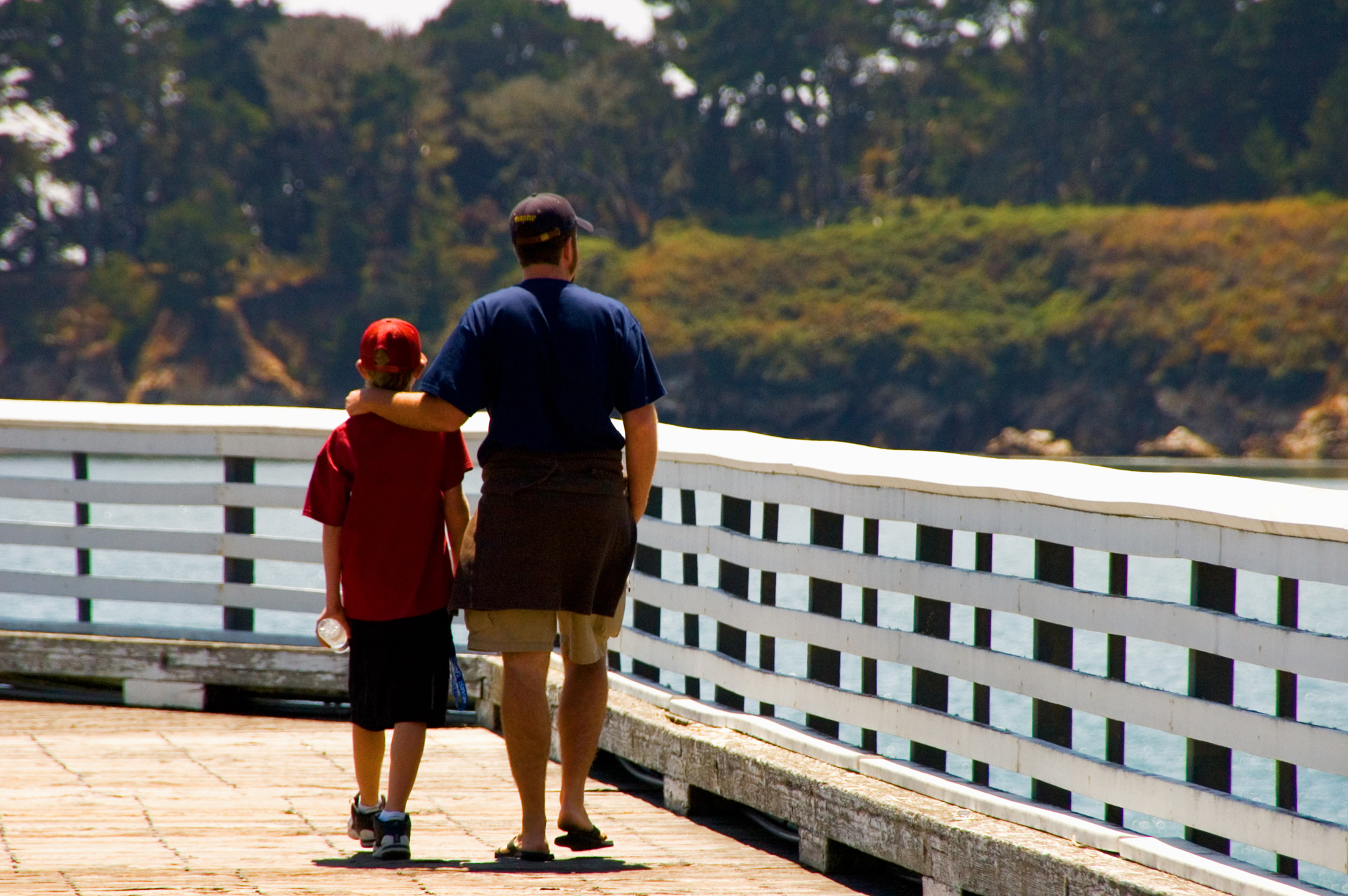We recently celebrated our 40th Huna training in Hawaii, and I was pleased that my son was there to participate with me.
In our Huna Workshops, I am as strict in teaching my son as I am with any other student. This sometimes surprises people. I have even had a couple of people ask me why I am so hard on him, when sometimes I am so easygoing with students.
The answer lies in Huna, the ancient spiritual, psychological, and physical healing discipline of Hawaii that has been passed down to me through a lineage of 28 generations.
Balancing Energies
Part of Huna deals with balancing energies, including our male and female energies. The ancient Hawaiians believed in a family structure that balanced nurturing and discipline, self-expression and boundaries, encouragement and constructive criticism.
We have gone through a phase in our society where many of us have attempted to blur the line between parent and child, father and mother, teacher and student. What began as equal respect soon became equality in all areas. Taken to its extreme, we act as if there is no difference between a parent and a child, a man and a woman, a teacher and a student.
Indigenous peoples such as the ancient Hawaiians knew that for a family to function properly it should have two figures, each representing the masculine and feminine energies. The nurturing supportive feminine energy should be balanced by the authoritative, disciplinarian masculine energy.
I am not saying that each household has to have the archetypical male and female parents. I don’t think a man necessarily has to be the authority figure all the time nor does a woman have to always be the nurturer. What is important is that children have both. Parents need to work together to see that they do.
Anyone who has or has had children realizes they need boundaries and guidelines, even when we as parents are reluctant to lay down those limits. Children naturally want to test those limits. You have to be able to lay down the law, including punishment if necessary.
The Process of Forgiveness
Parents also must model forgiveness, teaching their children by example. As a parent you must continually be able to forgive and move on so your children can do the same.
Huna teaches a great way to make forgiveness real in our lives so we can effectively model it for our children. In Huna the concept of making things right is called pono. The process of forgiveness I use and teach comes from ho`oponopono, which literally means to make something doubly pono. The process requires that we (1) forgive, (2) release the negativity, and (3) learn from the event. In doing research for my dissertation, I found the process works today just as it has for thousands of years. Those who engaged in ho‘oponopono experienced a statistically significant reduction in unforgiveness.
To practice ho`oponopono and model forgiveness for our kids, we need to rethink how we forgive and seek forgiveness. In western thinking, our first approach upon wronging another person is often to say “I’m sorry.” However, an apology is only one-sided, a statement that asks for no response from the one harmed. Better to teach our children by saying, “I forgive you, please forgive me.” This will help them to understand that forgiveness as a process, a two-way street.
Your Words Hold Power
Another aspect of Huna that is key for parenting today is the idea that your word means something: That you mean what you say and will follow through. You will do what you tell your child you will do.
In ancient times it was believed the word was so powerful that what you said put into effect your thoughts. Hawaiian culture believed your life-force, your energy, your mana came out in your breath. The more work you do in a lineage like Huna, the more powerful your words become.
As a parent, your word holds tremendous power, as long as you do what you say you will do.
Losing Energetic Control
Years ago, when my son was younger, I took him to a movie. Seated next to us in the darkened theater were another father and son. I had taught Ethan a long time ago that when he goes to a movie theater, he has to be quiet. That is just the way it is. He knows he can whisper a question if he has one and I’ll either whisper an answer, or I’ll tell him to wait until the movie over.
As we sat there watching Spiderman III, the boy sitting next to us kept talking and talking. His father told him, “If you keep talking, I am going to take you out of here.” I thought, “OK I am going to have an empty seat next to me soon.” Then five minutes later the kid started talking again. And again his father told him, “If you keep talking, I’m going to take you out.”
This pattern and those words continued for the entire movie. When the movie was over, Ethan turned to me and asked, “Dad, how come the kid’s father never took him outside?”
My son is used to me following through and doing what I say I will do. Your word has to mean something. You lose any energetic control over your children if your word means nothing because you have made it become valueless.
Starting Early
To underscore the importance of your words, fast forward to when your child is a teenager. If you wait until then and suddenly flip a switch to become the totalitarian dictator, you will lose credibility and invite pushback. It will be much better for you both if you start early. That way, when they become a teenager, they will know that you say what you mean and you mean what you say. The power of your words will be there to guide them when they need it.
Mahalo,
Matt James




